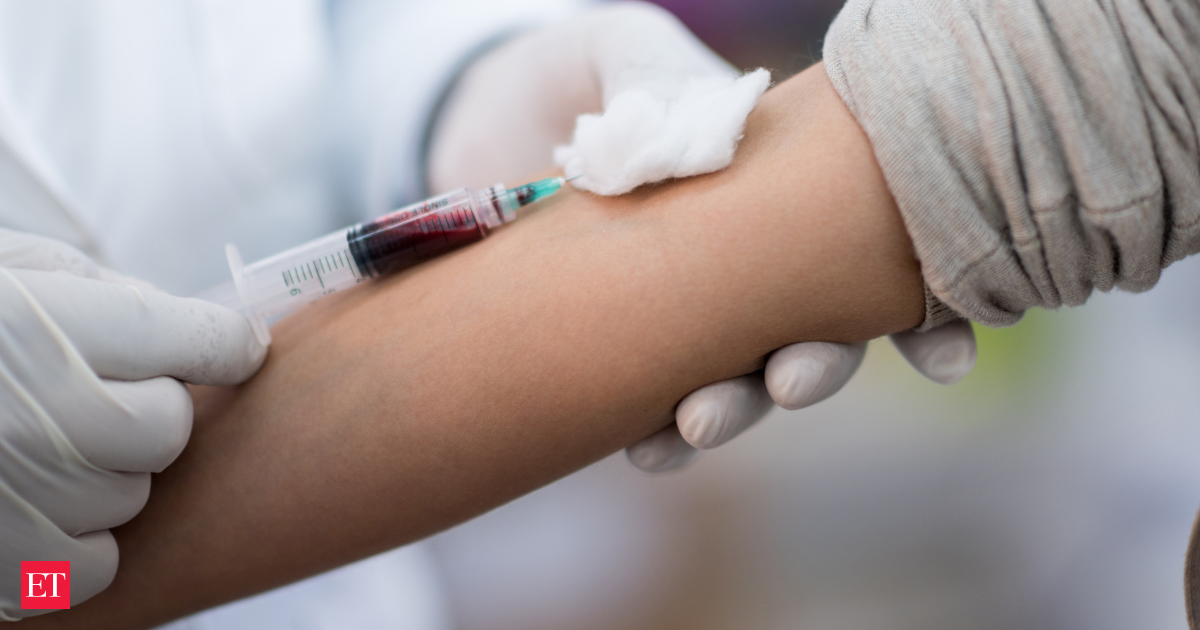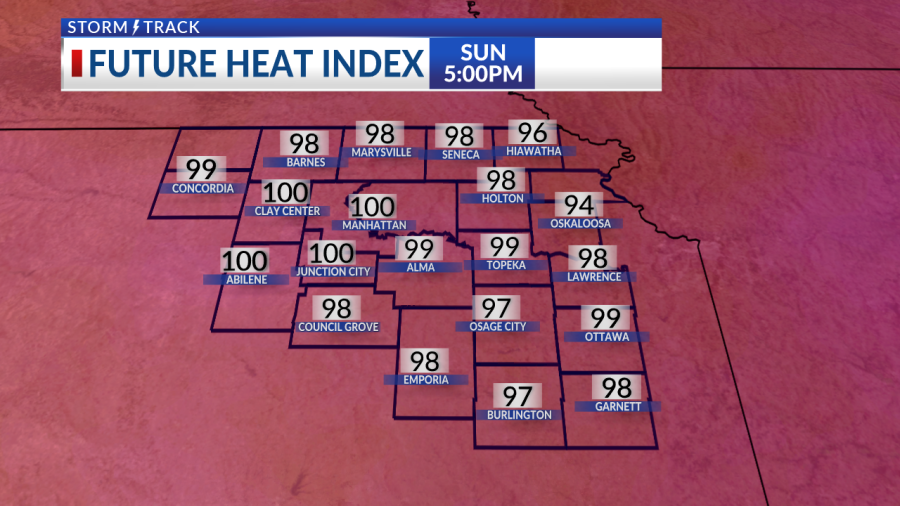Now Reading: French scientists discover a new blood type found in only one woman alive today
-
01
French scientists discover a new blood type found in only one woman alive today
French scientists discover a new blood type found in only one woman alive today

Doctors have named it the “Gwada negative” blood type, and it’s the first newly discovered blood group system in years, now officially the 48th blood group recognized globally.
“We had never seen anything like it,” said Thierry Peyrard, the French biologist who led the research, announced at the International Society of Blood Transfusion (ISBT) Congress in Milan.
“She is the only person in the world who can get along with herself,” said Thierry Peyrard, biologist at France’s national blood agency (EFS), which made the discovery.
The EFS has discovered 10 of the last 17 known blood group systems, placing France at the forefront of rare blood science.
How did scientists discover the new blood group?
It started in 2011, when the woman underwent routine pre-surgery tests in Paris. Her blood reacted to every known donor type. Doctors were alarmed. They couldn’t identify what made her immune system reject even the rarest matched blood. The case went cold.
Because of the new genome sequencing tools, scientists finally cracked the code. They found a mutation in the PIGZ gene, a change inherited from both parents, that completely altered how proteins bind to red blood cells.
Her blood produces antibodies that would destroy any transfused blood, except her own. She is only eligible for autologous transfusions (her own stored blood). In any emergency, there is no donor alive who can help her.
Named after Guadeloupe’s local nickname “Gwada,” scientists are now combing donor databases in the Caribbean, hoping to find others who carry the rare mutation. So far, she’s alone. Finding a second Gwada negative donor could be life-saving for her or others who carry hidden genetic variations. It could also prevent deadly transfusion errors in rare patients.




















































